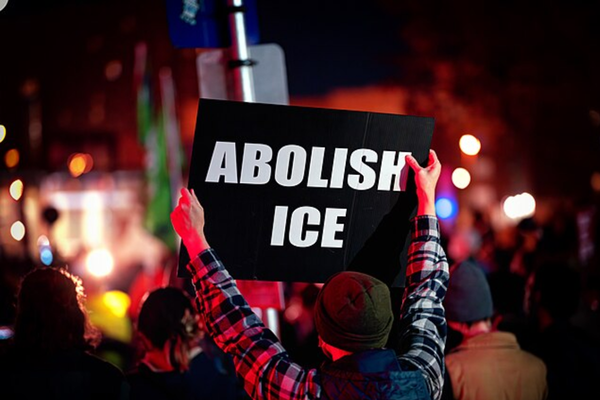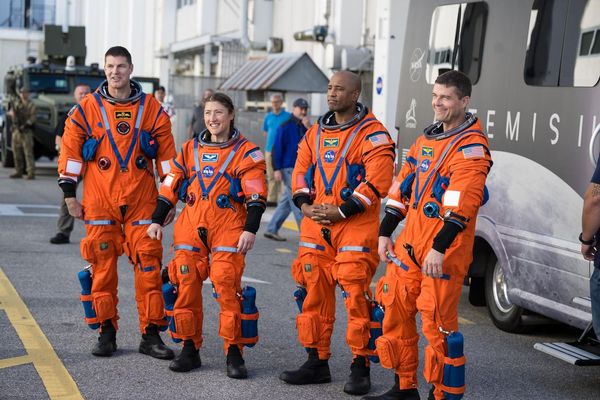
For those unfamiliar with the dark days of the Tbilisi war in the early 1990s, watching this documentary could feel like diving into the deep end of history. Composed from a wealth of archive audiovisual material available on the internet, Elene Asatiani and Soso Dumbadze’s film is at once passionate and clear-eyed. Apart from reconstructing the chain of events through editing, the directors keep the found footage as it is, with no voiceover added, interviews, or digital manipulation. Their only visible intervention is to categorise the source of each video with small white text that reads “Pro-Government Camera”, “KGB Camera”, “Pro-Opposition Camera” and so on.
These labels emphasise how records of history are rarely without bias. Presented with this plurality of viewpoints, we as viewers are granted the power to create our own interpretation out of these puzzle pieces. The jubilation surrounding Zviad Gamsakhurdia’s swearing-in as president of Georgia quickly morphs into a spiral of violence and unrest. Taking to the streets, paramilitary forces led by opposition figures laid siege to the parliament building for 16 days, culminating in a blood-soaked coup d’etat. In footage captured by both sides of the conflict, the sounds ring out of indiscriminate gunshots and tanks rolling through civilian areas. One particularly harrowing closeup shows a woman cowering by her window, her face distorted by fear.
Most of the footage contains pixelated sequences, some are even watermarked with TV channel logos – yet the horror is palpable. The lo-fi aesthetics of Limitation bristle with radical agitation, dismantling ideals about the pure, objective image and stressing the idea that, regardless of visual quality, all recorded footage is infected with hidden agendas and motives. Amid a sea of contradicting political arguments, what remains terrifyingly present in this film is the collective trauma thrust upon ordinary people, forever scarred by bloodshed.
• Limitation is on True Story from 19 September.







